Beyond Banks Podcast - Episode Transcript
Host: Jordan Hansen
Guest: Sarah Grossman, Principal and Owner of Baystate Business Brokers
Jordan Hansen: Welcome to the Beyond Banks Podcast. This is where we talk to leaders that are transforming small business funding across all of the nation with all different kinds of technologies. I'm your host, Jordan Hansen. Today my guest is Sarah Grossman, principal and owner of Baystate Business Brokers. Who's operating in the financing sweet spot most lenders miss.
In this episode, you'll discover why the baby boomer retirement wave is creating a massive pipeline of businesses needing capital before they can sell. Companies doing 250 grand to $5 million EBITDA that are too operationally dependent on their owners. To attract buyers, we'll learn how businesses typically take three to five years from first broker contact to actual sale, creating extended windows where they need growth capital to build management teams, upgrade systems, and become transferable assets.
And why positioning yourself in this. Pre-ex exit phase could be your most profitable strategy. Let's dive in.
Hello and welcome everyone. I'm here today with Sarah Grossman and she's from Bay State Business Brokers. The cool thing about Sarah, and I'm even wearing my Boston Red Sox in my hat just in celebration 'cause she's from the New England area. I'm a big Boston Red Sox fan, so it's a special pleasure for me to be able to talk to her 'cause you're near it.
In Massachusetts, right, in that area?
Sarah Grossman: Yeah, so, um, Baystate is right outside of Boston. We're Anita Mass, so we're probably about a half an hour outside of the city and I grew up here. Um, so I am a big Red Sox fan as well as a sports fan of all the Boston sports teams.
Jordan Hansen: Boston has to be one of the best areas for sports, in my opinion. All the franchises are all like very competitive, very fun, very passionate fan base. So again, she's with Baystate Business Brokers. Uh, but Sarah, just give us some background, tell us more about what got you into the business, where you are now, and then we'll go from there.
Sarah Grossman: Absolutely. Yeah. So I grew up, uh, in Newton Mass. So one town over from where we are. I didn't go very far. Um, and actually growing up, my father was an entrepreneur, so he owned an autobody supply business in Boston. He owned a printing business. He sold them, um, and he became a business broker. And at the time, this was about 21 years ago, a lot of people didn't know what a business broker was.
They knew what an investment banker was, but they didn't know about a business broker. You know, we sell just smaller companies than investment bankers. I, at the time, I had a. Sales and marketing background, and he recruited me to come in and, and work with him. So I started in the business about 18 years ago and we, uh, you know, at first I was a broker and then we became partners and, and we built the business.
And then I bought him out five years ago, um, and became the sole owner. And we've been growing ever since. And now Baystate has, um, nine brokers, including myself and two administrative professionals. We have actually a summer intern and we have an office dog. So we are a A very robust team.
Jordan Hansen: Yes, that's right. Fully staffed. You mentioned this at the beginning, can you clarify, like you said, most people know an investment banker. I would say even now, I would bet if I asked my wife, what's a business broker do, she probably wouldn't know. So clarify for anyone watching, listening, what's the difference between a business broker and an investment banker?
Sarah Grossman: Yeah, absolutely. So investment bankers typically sell companies. I would. Say with, you know, 5 million in ebitda, uh, or kind of net profit to the owners on up. Um, but if you think about it, there's even more businesses out there that are under 5 million in ebitda, these small businesses, and those can really range.
Um, you kind of have main street businesses, like your local flower shop, your local liquor store. That's really where we started and where our roots are. But we've grown. Um, it's not to say we don't sell businesses like that. We do, but we're selling a lot of. Larger businesses, lower middle market companies, and those can really range anywhere from, let's say, call it $300,000 of, of EBITDA owners cashflow up to about under 5 million.
Right? About the 5 million cusp. Um, what's unique about being a business broker and actually the type of brokerage that we have, we take a lot of what you get. When you work with an investment banker, we bring it to smaller companies, right? So a very strategic approach. A lot of prep work, valuation work, strategic marketing plan, and we can actually sell to individual buyers, strategic buyers, and private equity.
So traditionally, kind of main street business brokers only sold to individual buyers. So someone who was looking to, let's say, buy a job and then investment bankers, we're only selling to like strategic and private equity buyers. Well, most of our businesses can be sold to all three. Um, and so when we're running up. Process. A lot of times we get individual buyers. We get what we kind of call family offices where it's a, you know, buyers who are buying a group of companies. And then we can also target, target strategic and private equity. So our, our sellers in a lot of cases, you know, they could get 10 letters of intent on their business, um, which is really exciting for them. 'cause then they have a lot of options on who to sell to.
Jordan Hansen: Ah, yes. Okay. That's good. So we can dig into a lot of this. So really three types of buyers kind is what you're saying. Strategic private equity, and then maybe the family office or individual being like, you know, some guy wants to buy a business and he wants to run it himself. Like that's what you're saying. Buy a job. He wants a business where he can have equity, some stake in it versus the other guys. Strategic is someone that's probably gonna have a lot of leverage when they buy this company. Uh, leverage may be the wrong word, but they can, it's gonna fit into their overall bigger company, right?
Sarah Grossman: Yeah.
Jordan Hansen: Yep. Absolutely. And then private equity is just gonna be someone that holds a portfolio of companies.
Sarah Grossman: Yep.
Jordan Hansen: And they're buying a lot of different companies and they don't have any intention of running it. Maybe they hire a CEO or they keep you on. Is that kind of the idea?
Sarah Grossman: Yeah, absolutely. And with private equity, and usually they're not investing in the size of companies that we sell unless they have a company in their portfolio. The right fit. So for example, a couple years ago I sold a company called Federal Fabrics and they manufacture air beam shelters for the military, and we actually sold their company to their largest competitor. There's just a very large company that does what they do, bought federal fabrics. That larger competitor was owned by a private equity firm.
So you could look at it and say, okay, we sold to private equity, but we really also sold to a strategic buyer.
Jordan Hansen: Right, right. Made sense in their plan.
Sarah Grossman: Correct, and the, and the private equity would not have bought this company on their own if they hadn't had this company already in their portfolio. So that's usually where we fit in. Some private equity firms now are making smaller companies, portfolio companies, so we do see some PE firms saying, okay, if a business is doing, let's say, between three to 5 million in ebitda, it might be big enough to be a portfolio company on its own, but it's going to have to fit into. An industry that they're interested in, right?
So maybe something they say, oh, we have a thesis in this type of industry, so we wanna buy a company in this type of industry. And every PE firm has their own kind of focus or industry focus. So it, it has to have that just kind of specific fit for them if they're going to make it a new platform business.
Jordan Hansen: Got it. And as we define these small or larger businesses, small, what would you say, would that range of EBITDA or, or net profit, what would you say that range is? If you're gonna classify that as a small, where probably strategic and private equity are not gonna be interested, where would you say that line is?
If I'm a business owner and I was curious, oh, I'm thinking about selling, where would I be thinking about, oh, am I a bigger company or not?
Sarah Grossman: Yeah, I mean, private equity keeps coming down, so they keep saying, oh, we'll, we'll do add-ons for, you know, if there's only 500,000 in ebitda. That might be the bottom, I would say, of what PE would invest in.
But that's pretty small. I mean, I don't think private equity or strategic, I would say private equity is not gonna invest in something as an add-on. Probably under maybe a million dollars in ebitda, 750 to a million strategic buyers might invest in a much smaller company. Right? So for example, we're selling a landscaping business right now.
We've done a lot of strategic sales in that, in that industry, but it's a, you know, somewhat small landscaping business. A couple, couple hundred thousand dollars, and what we say owners cashflow or ebitda. And we have a lot of strategic buyers, a lot of other landscaping companies that wanna buy it because they realize they can expand their territory.
Mm-hmm. If they're in residential, they can move into commercial. There's synergies, they're buying equipment, they have employees, and so again, they might buy a much smaller company because not only can they help to expand that company with what they're already doing, but vice versa. Right. Their current company may benefit with the addition of this new, uh, strategic partnership.
Jordan Hansen: Yeah. And then at the beginning again, you said one of the awesome things you offer is. Similar to like an investment banker, they're gonna work typically with those strategic or private equity, probably larger ticket sales is kind of what you're saying they're typically gonna work with. Yeah. And historically you worked with smaller, but you're kind of moving up market or or maybe able to handle all Why that shift?
How come you said now you can kind of offer really a lot of what those investment bankers offer, but maybe with the same better service or? Yeah, go ahead. Lemme hear more about it.
Sarah Grossman: Yeah, I think it's just opportunities. Like we typically don't sell any companies that are, I would say, doing under a million in revenue just because when you kind of look at the cashflow generated from those business, and we will sometimes do one-offs, but like the cashflow generated from those businesses, once you back out the debt service on that from, from a lender, it just doesn't leave.
Typically enough of a wage for someone to, to come in and, and, you know, operate that business and make enough money. So those are typically a little bit small for us. We, we usually start at a minimum of about a million dollars in sales and probably $250,000 in EBITDA cash flow. And I think for individual buyers, it just really depends on, you know, how much they wanna make.
You know, is this something in their industry that they have? In, when we work with individual buyers, we're also looking for kind of a skillset match, right? So what have they been doing, and then whatever business they're looking at, you know, can they take over the skills of what the owner's doing? Right?
So if the owner is like a licensed. Plumber and they're gonna leave. It's a little bit harder to find a buyer who's a licensed plumber. You can find it, right? But if the owner is doing operations or sales or something a little bit more general, it's a lot easier for an individual buyer to come in and say, all right, well I understand that skillset.
I'm gonna learn this business right? But I can use my skills and my knowledge to come in and, and operate it, and then grow.
Jordan Hansen: Yeah, so for those, there's probably a lot of businesses out there that maybe are under a million in revenue. What would you recommend to them? And, and I really ask this because there's probably two different demographics here.
There's a demographic where it's a younger person. If they're under a million in revenue, I would probably say, Hey, just keep growing. Right? Get past that. But if they're in a baby boomer that, you know, someone that's getting close to retirement age, which I want to get more into that right now because that's like a big deal right now where there's a lot of businesses owned by baby boomers where they're trying to retire.
What would you recommend to them if, if they're not, is that. Full that you just closed, shop it. I mean, no. What are the options?
Sarah Grossman: Not, not at all. You know, and we will sell some, some smaller companies that under are under a million in sales, just depending if they're an industry that we, you know, have done a lot of work and have a lot of buyers.
We do a lot in like the automotive bit industry. We do a lot in like liquor stores and, and related businesses. So again, it, it kind of depends. I am a firm believer that. Every pot has a lid, so there's a buyer for every type of business out there. If we don't necessarily sell it, or it's not right for our buyer pool, we have a big network of brokers that we can refer to, and there are some more, like I would say, main street business brokers that will sell smaller companies.
Some of them will sell companies that are only generating, you know, $50,000 in cash flow. I think the most difficult business to. Sell is honestly when it's a solo owner operator. Um, you know, if you, if you are the business and you're doing everything and someone's hiring you because of you, those businesses are just extremely hard to sell.
Um, sometimes if you have a book of business or recurring revenue, you can sell them, but a lot of times if it's like a service based business, um, and it's just you, it's, those are the businesses that are really hard to sell.
Jordan Hansen: Got it. So you're saying, okay, let's say you're under a million in revenue. Yep. If you're a solar operator owner, you probably should be thinking maybe you can work over the next year or two.
Even if you're looking to retire, that's maybe wait a year or two. Build out a team, because I totally understand, right? If you leave the business, the business stops existing. Right. So, you know, build out someone that can support and then it's something that's actually a product that can be sold.
Sarah Grossman: Yeah, absolutely. Yeah, and we, we have those conversations all the time. I mean, if someone's not a right fit for us or they have some runway, we'll tell them maybe do this over the next three to five years. The problem that we see is that people don't have these conversations early enough. Yeah. So they come to us and they're like, I wanna retire in six months.
And we either tell, you know, sometimes the, the worst is when you, you know, do evaluation. You tell 'em their business is worth X and they need a completely different number to retire. That's a really tough conversation, but we never wanna over. Promise and under deliver. So we wanna make sure that, you know, we're really clear with what we think it's going to sell for so that they can plan.
So I really encourage owners to start thinking about this, like I would say three years ahead of a sale. Um, I just spoke with an owner today who's four years ahead and he's like, tell me some things I should do in my business to make it more saleable. What are the things I should start thinking about ahead of a sale?
And so like, that's a really good conversation to have because. When you're three or four years out, you can fix things, right? You can start to make meaningful changes that are not, could not only change the value of your business, what you're gonna get for it, but like the transferability, how many buyers can look at your business.
The biggest thing we're seeing now with baby boomers is that most of them owner operators, which is great, they're in their business every day operating the business. It's what I do. But if you are a private equity firm and you are not gonna be an operator, you're sitting there saying, all right, who is gonna take over what they're doing?
Now, some of these buyers, the larger strategic and private equity firms are coming up with options. So they're saying, okay, we know this is a trend. We are gonna actually. Bring in our own CEO. So we'll work with the owner, hire a CEO. Um, some of the, these PE firms are backing searchers, right? They're backing some of these people that are looking to buy businesses but don't have their own capital.
And then some of them have some of their own systems in place where they're actually creating a pool of operators. They're bringing in operators, training them for two years, having them, let's say, on their roster and then looking for opportunities for them to slot them into different types of businesses.
So I think, you know, the larger strategic private equity are getting. Smarter on how to, how these businesses can be transitioned. But sometimes it is harder when, let's say the owner sits there and says, well, nobody can run the business like me. Well, if that's the truth...
Jordan Hansen: You can't sell it and you have all this knowledge, how are you going to sell that business?
Sarah Grossman: Right? And so like, start thinking about how are you gonna sell it? How can you transfer that knowledge? Are there things you can put in place, you know, process manuals, employee manuals, different things that are going to make it easier for someone to come in and operate your company.
Jordan Hansen: That's really interesting what you said about private equity. They're hiring like CEOs essentially before they even have a business forum. Just sometimes they can train them. Sometimes. Yeah. Yeah. And then they're just ready. If someone is looking to sell, they're like, well, we can just slot this guy right in there to run it.
Sarah Grossman: Yep. Yep. Absolutely. Absolutely.
Jordan Hansen: Now, would that person be someone that would have equity typically? Would that be the ideas that they would have equity in this company or Sometimes, or maybe just an employee? Just depends.
Sarah Grossman: It depends. It depends on how they structure it. Sometimes it is someone that has, you know, putting their own money, they're having equity. Sometimes they're just an operating partner of that firm.
Um, it really just depends. I, I do think the best situation is when you can start bringing in people to take over what you're doing right. And be thoughtful about. Okay. When I leave, you know, I've got a GM that's gonna transition into the CEO role, or I have an accounting manager that's gonna transition into the CFO role or whatever it is to start kind of thinking about how are you going to backfill your position when you go, and can you start kind of, and I think also just.
Start taking yourself outta the business a little bit is good. You know, I have a client I'm working with right now and I've been talking to him for five years. Right. And now we're finally selling his company. And so over the last five years he is working less. Right. He still is working a lot, but he's transitioned a lot of his responsibilities to other people to make it easier for when his business is sold.
Jordan Hansen: Yeah. And our business, we're in software business, our, our sales cycles are probably three to six months, and that just feels like forever. And you're telling me, I've been working with this guy for five years. That's...
Sarah Grossman: I mean, talking to him for five years. It hasn't been on the market for five years, but we started.
Jordan Hansen: Yeah, but still it's something you're spending your time, you're advising, I'm sure you've been like giving him advice. You've probably spent multiple phone calls or meetings with these people. That's a really long horizon and just planning and your time in general, like even real estate agents, that interest, you know, that could be a long time, but those are gonna be possibly repeat buyers.
And sellers of a residential house. You know, I'm gonna buy four or five houses in my lifetime still, but probably business owners, they maybe sell once maybe. I mean, how many we feed business sales do you have? Probably not a ton. Some maybe we...
Sarah Grossman: We've done a bunch. We have actually one. Okay. We have someone that we've marketed recently that we, we had sold that business we're reselling in. We've done that frequently. I think it's more that I'm a big believer in that you should not sell unless. You're ready And that the market factors are good to sell. Right. And sometimes the market factors aren't great to sell, but you have to sell for a particular reason. You're sick, you need to move, whatever it is.
Um, but I will never push somebody to sell before they're ready to, or before you know it, it is. Right. I had a client, you know, he and I spoke for about five years. He owned a liquor store, talked for five years. We would like, I would like check in every six months, like. You know, how's business, what's going on?
He's like, oh, I'm never selling, and then until the day, right? I'm never selling. They always say that until the day they do. And I found out that, uh, a competitor was moving down the street from him, a pretty big competitor, and I called him up and I said, you might not be ready. And I'm actually six months pregnant, so this might not be the best time for me, but we have to sell your company now because this competitor's coming and you need to get ahead of this, right?
And so we put on the market. We sold it. He was super happy and he emails me every year on the anniversary of the sale of his business. Oh, it's so special. And every year I get his email, it pops up on my inbox and it's like a picture of him with like his grandkids and playing on the beach. And it's just so great because he remembers, you know, how much we cared about his business and his timeline and you know, doing what was best for him.
Right. And I always send his email to my team and I'm like, this is why we do what we do. Mm-hmm. Because now this, this person who has worked his entire life is now able to enjoy the next F of his life being with his family and that, and that's why we do what we do every day.
Jordan Hansen: Ah, man. Yeah. You're painting this beautiful picture. This cannot be for everyone though. Not everyone is gonna have this kind of patience where they can, okay. Talking to these people, understanding that this is such a long sales cycle, and really just building these relationships, knowing that hey, eventually they're gonna sell and it's gonna work out. But being patient in the meantime and happy to just take calls.
Like how do you even track ROI on conversations? You can't really, can you?
Sarah Grossman: You can't. I mean, we, you know, it's hard sometimes when you have starts and stops with the client. You have to document things and then, then you're like trying to remember what you talked about a year earlier, sometimes ago.
Jordan Hansen: Yeah. Yeah. Like sometimes that's hard. And I try to get everybody like documenting the CM and put it in there because you're gonna forget conversations unfortunately. But, you know, I, I love connecting with people and I think also just. Everybody who works here. So all of our brokers were always very thoughtful on hiring.
Sarah Grossman: Everybody either owned a family business or owned their own business, worked in a family business, you know, has run, has run a business. So we all have that background and I think that's why we care so much about the owners, but we also just like find it really exciting and interesting. Like, I love talking to a business owner, even if they're not ready to sell and understanding what they do.
You know, sometimes you get these businesses that contact us and I'm like, I never knew someone did that. Right? Like, you never think about that, that business. Made that kind of widget we had like one time a company contacted us, they made like saber swords or something online. You know what I mean? Stuff like that.
I mean, you never really think about who's the owner of that company and how is it operating and how profitable is it? And I just find, I always found businesses just so fascinating, and I think everybody here has that mentality. So we don't mind talking to someone ahead of a sale. And quite frankly, if you push someone into selling before they're ready, that sale will not go through.
Right? They'll push back on you. They'll push back on. Reasonable requests from a buyer, things that somebody wants in the agreements, like they're just really not mentally going to be mentally ready. So you really have to like meet them where they are and like wait until the time is right, essentially.
Jordan Hansen: Yeah. So when you have a new broker join your company, how do you recommend to them finding, like, how do you market? Like you said, this has got a. Slow. This is something very slow. You're just taking your time, building these relationships. So what do you advise to them?
Sarah Grossman: So that is the hardest part about getting into this industry is just, you know, it could take nine to 12 months to get a meaningful check. Right? And there are some small fees up along the way, valuation, marketing, things like that, but nothing substantial. We're not on a recurring revenue model. We don't have monthly retainers and things like that. We are lucky in that because we have been around for so long, we just get a lot of leads. So, you know, uh, about five years ago when my father was transitioning out of the business, we hired a full service marketing agency, which was really the best thing we can do.
I am not a marketer. I don't know how to do SEO and any of that. So our marketing agency spends a lot of time doing case studies, blog posts, SEO, Google Ad words, everything. So we get a lot of organic leads that come to our. Our firm or, or leads through that every day. Some days we get five leads that come into our office, right?
So those are all given to the different brokers. And when I have a newer broker, I'm trying to get them busy and up and running and giving them a lot of leads and really working with them on these clients. Um, and we work together until they're comfortable kind of working a little bit on more independently.
We also have a very large referral network. So we, you know, we know a lot of investment bankers. Um, they get referrals of deals that are too small for them. They send them to us. A lot of, uh, you know, business attorneys, accountants, financial advisors. So we get a lot of referrals as well. And so, you know, as a newer broker, they do have to market, they do have to network, they do have to, you know, usually we have them do some marketing setting letters out, things like that.
But we are also giving them some leads to really get them up and running. Um, but you know, for anybody getting into this industry, you have to have some money saved in the bank because the first year. Is really the hardest year while you're waiting and kind of building that, that pipeline of listings, and then you have to, you know, then you're getting them sold.
Jordan Hansen: Yeah. Sarah, I really appreciate your time. This has been awesome. Uh, this is a topic that's fascinating, I think probably to most business owners. If you were to go back to young Sarah, 18 years ago before you joined this company with your dad, what, what advice would you tell her? What would you say to her to help her have a better next 18 years?
Sarah Grossman: Oh gosh. I don't know. I mean, it's funny, like I, I did a whole pivot on my industry, right? Like, I, I remember, I, so just, I'll give you a little backstory. I was, I was outta college, I was in public relations. I thought I'd be in PR for my entire life. I kind of pivoted from PR into sales, you know, business to consumer, business to business.
And then I was working for Robert Half as a recruiter, which I hated. And I, but I was also fascinated by small businesses, right? Like I was, I was working with small business owners. I, I did not like the recruiting side. And I was at this like, crossroads of what is the next phase of my life? Like, what do I wanna do with my life?
And I was so fortunate to have this opportunity and quite frankly, I wouldn't change anything. Um, but I think you have to take chances. I mean, when I left Robert half. And I was working in Boston in a big firm. I was in my late twenties, all these people, and they're like, you're gonna be a business broker.
What is that? I don't know what that is. And I went from this like big firm with, you know, all these people to like a basement office with my father. And you know, it was very big pivot, but I took that leap, right? Not really knowing what to expect, but knowing that I, I needed a change. I needed something different.
I'm just so glad I did. I think that this is the best industry. I wish that more people got into it. I, I wish that more young people got into it. I wish that more women got into it. Um, and so I'm really trying to get more people involved and into our industry because I think it's great. And I think the opportunities really just to sell small businesses are just endless.
Jordan Hansen: I appreciate your time, Sarah. This has been awesome. Good. Uh, thank you so much.
Sarah Grossman: Thank you for having me. I appreciate it.





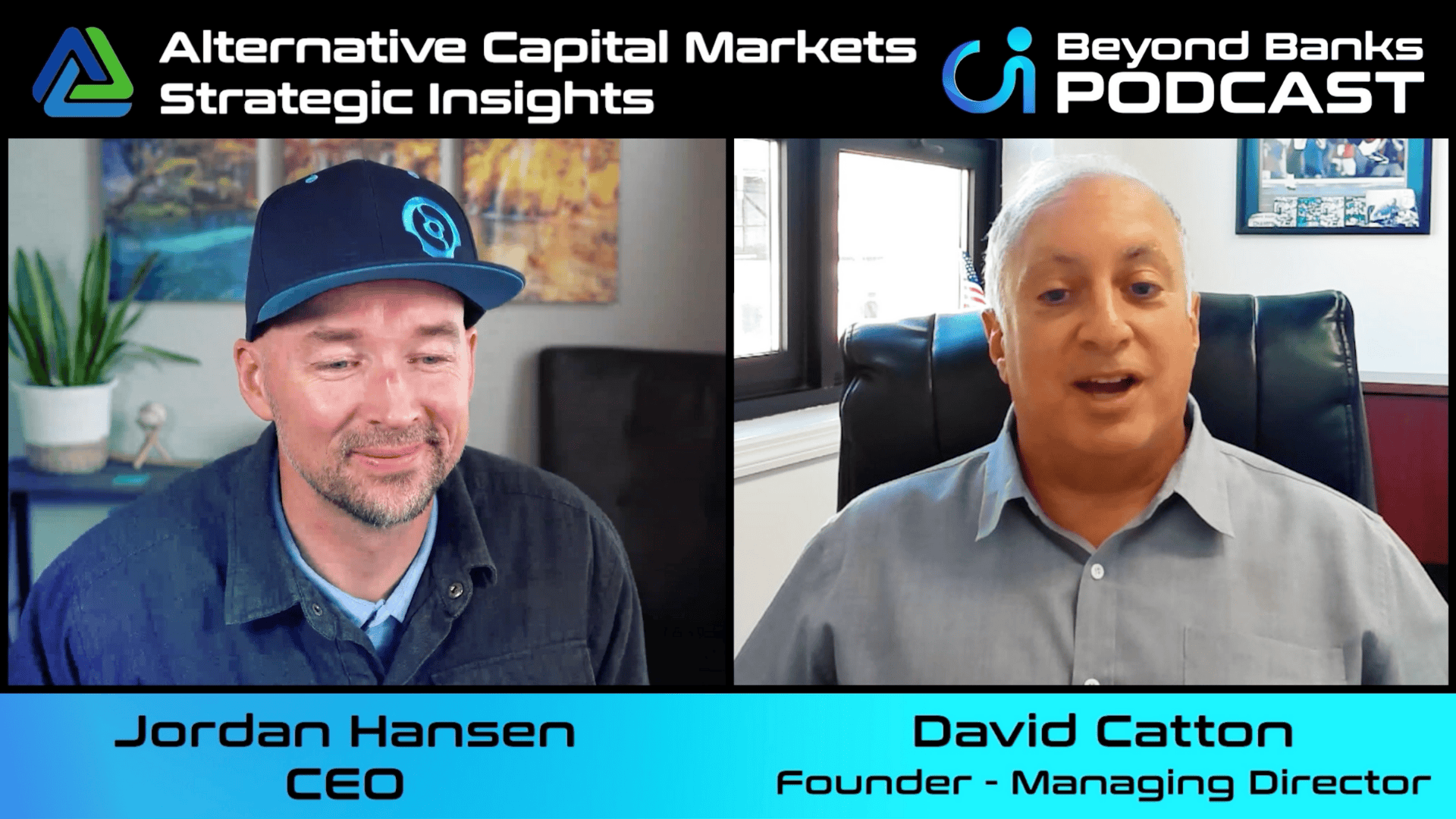
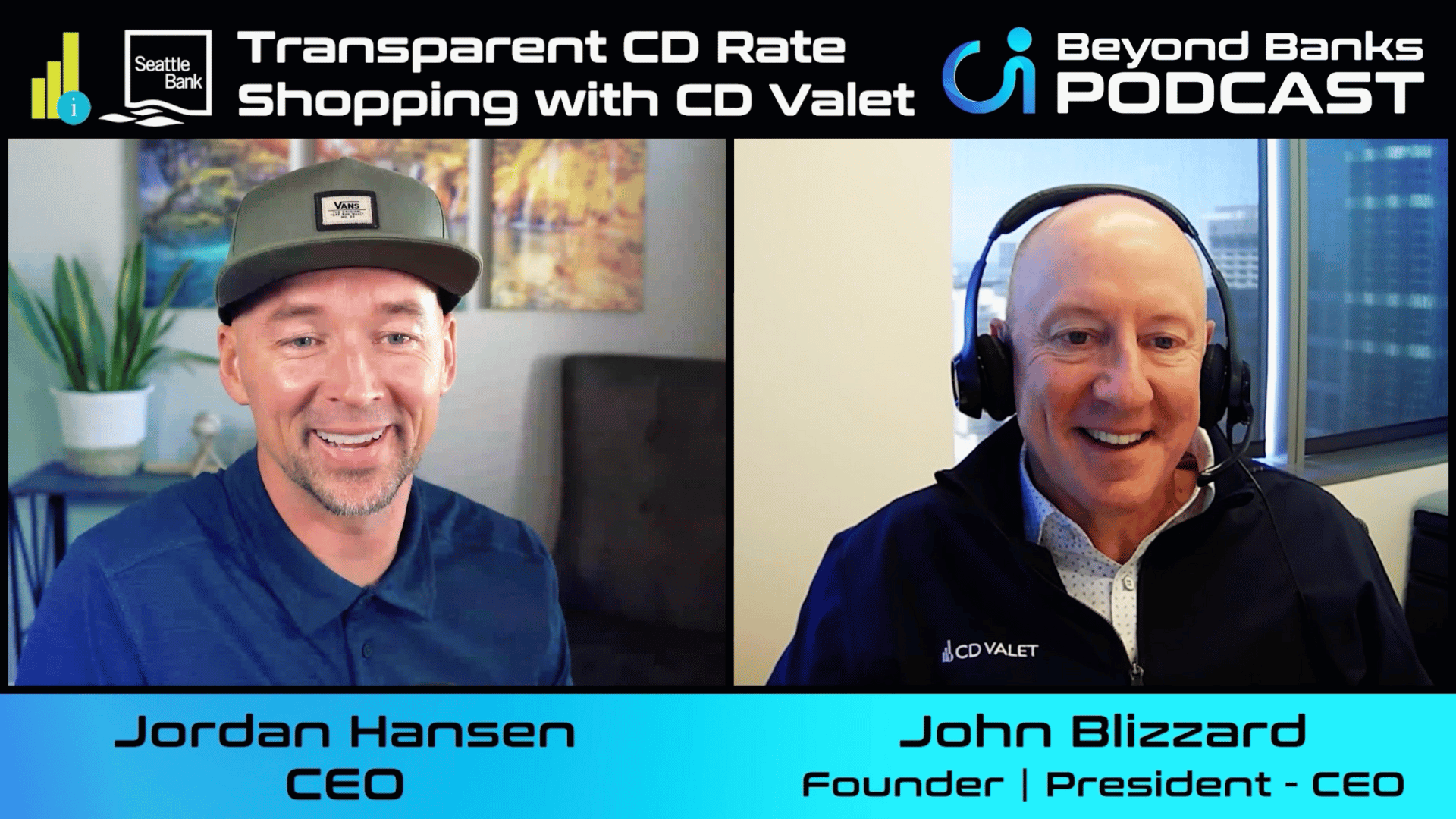


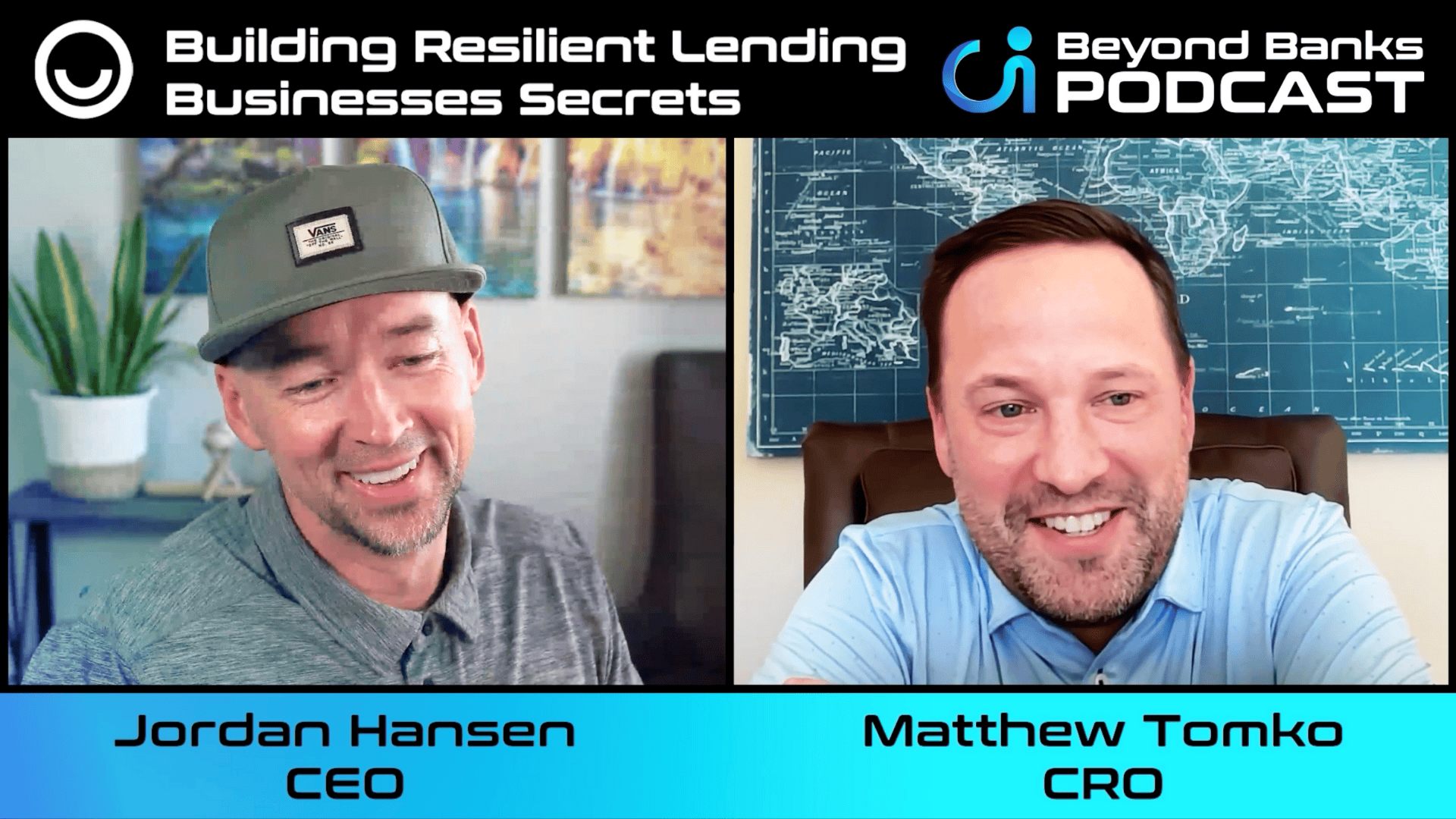

.png)
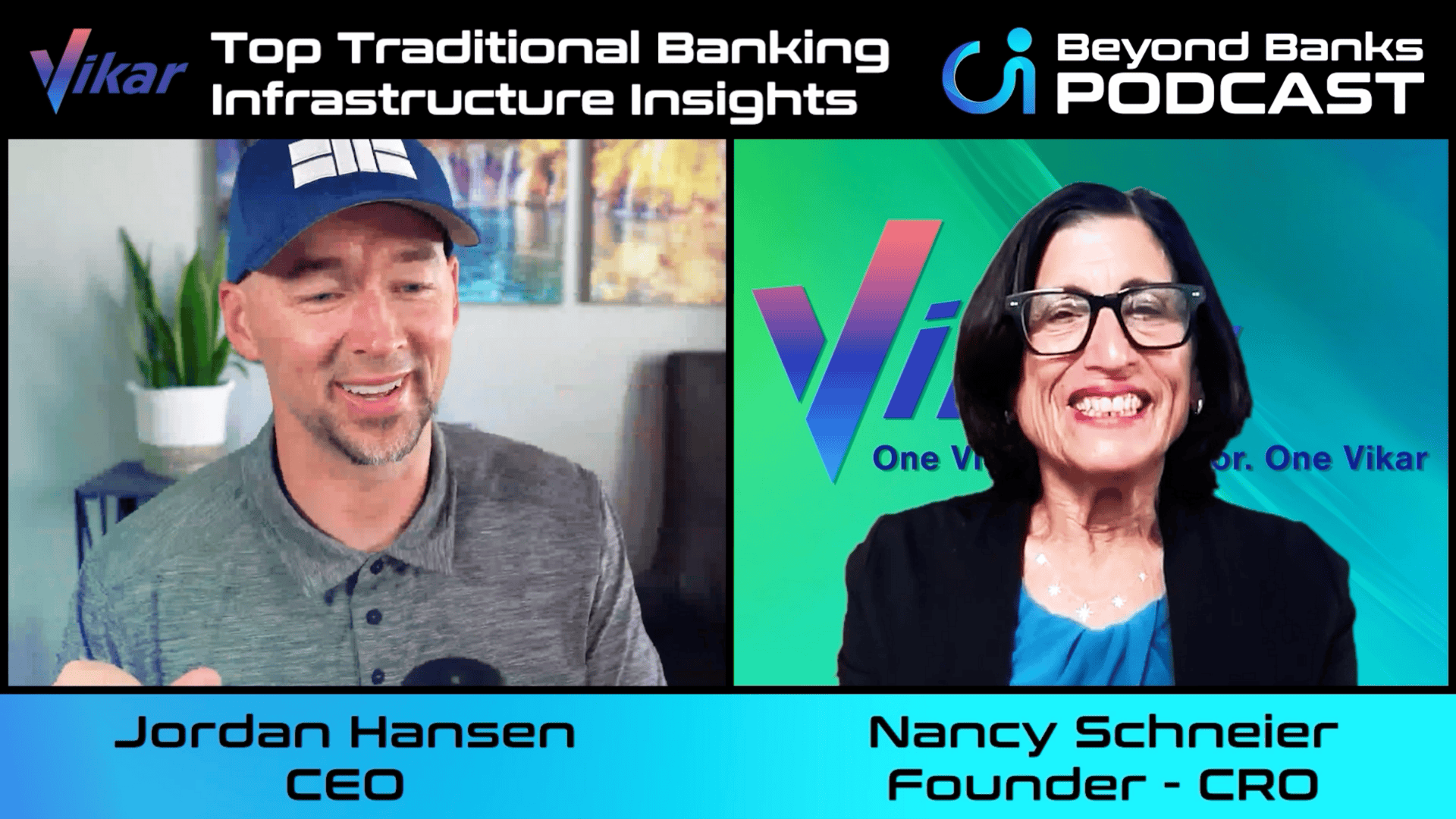
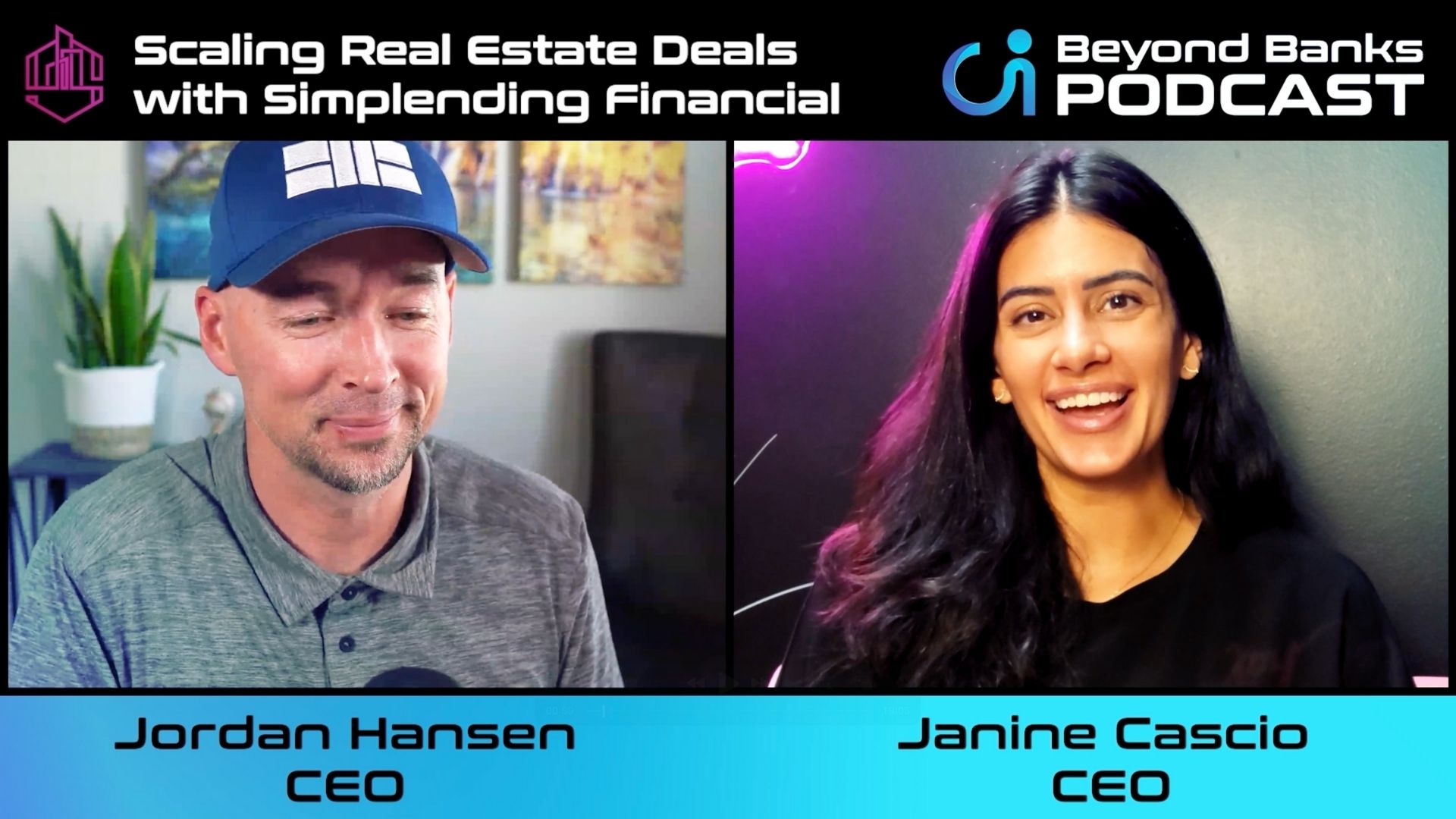
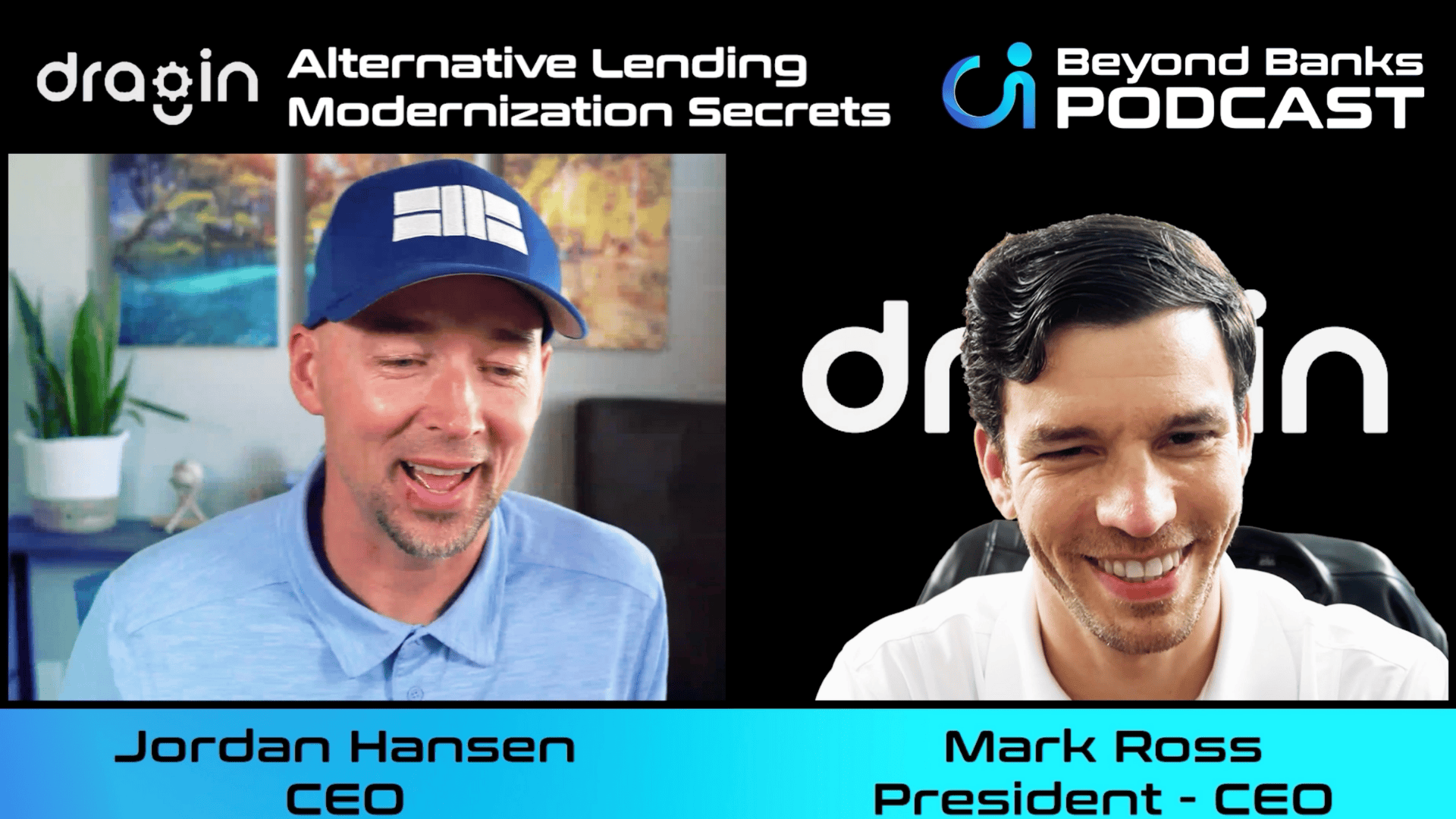
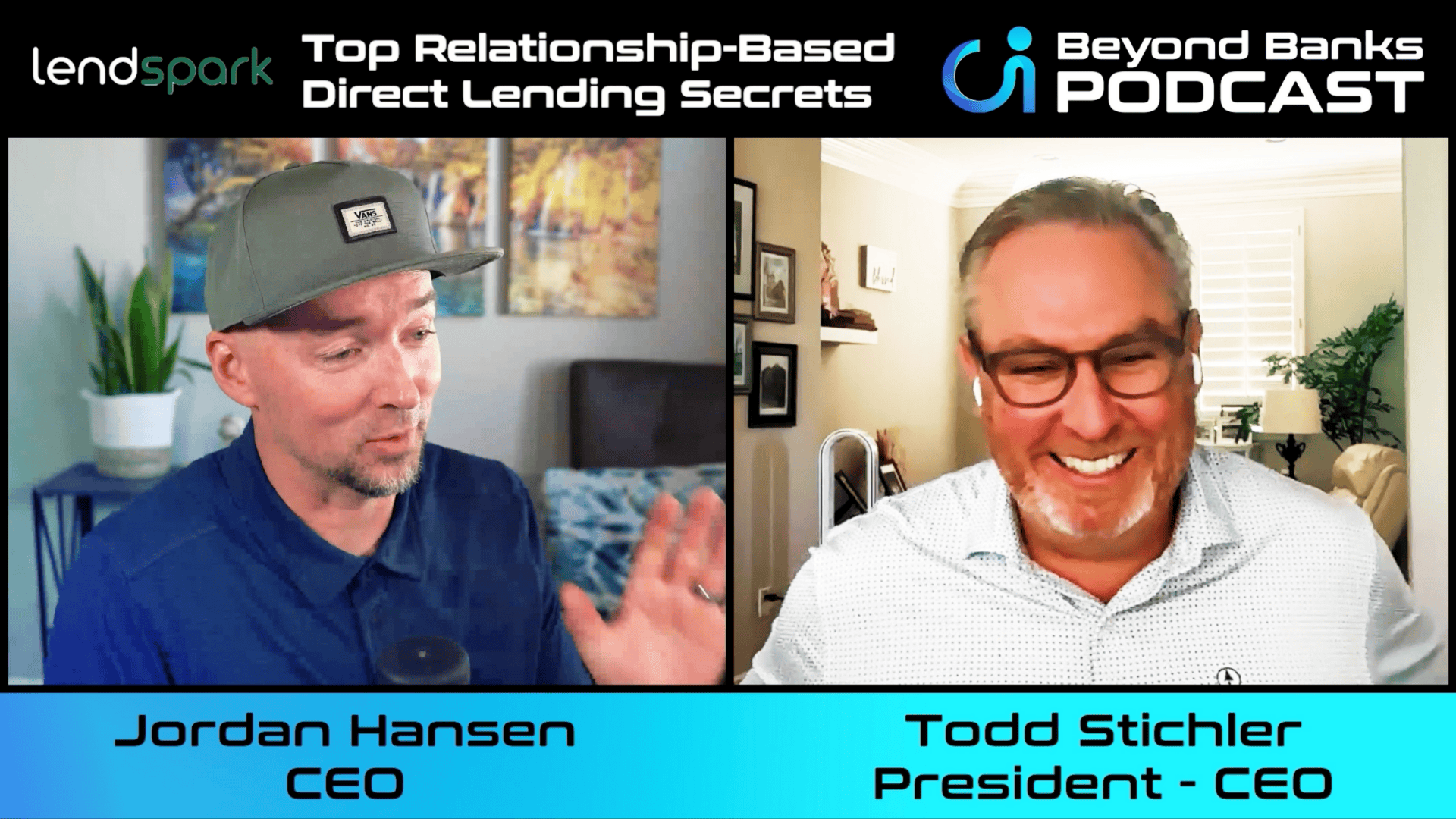
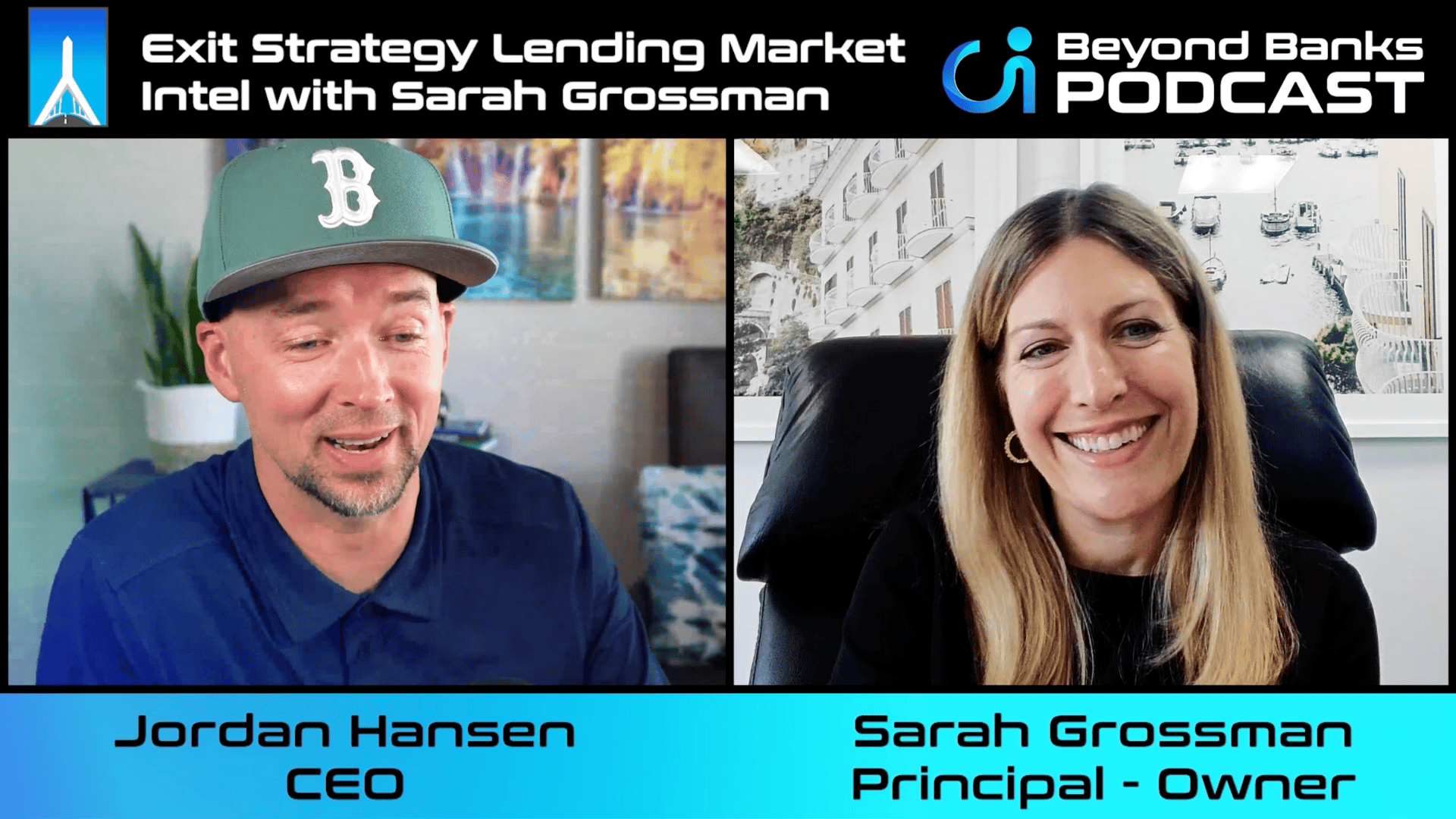
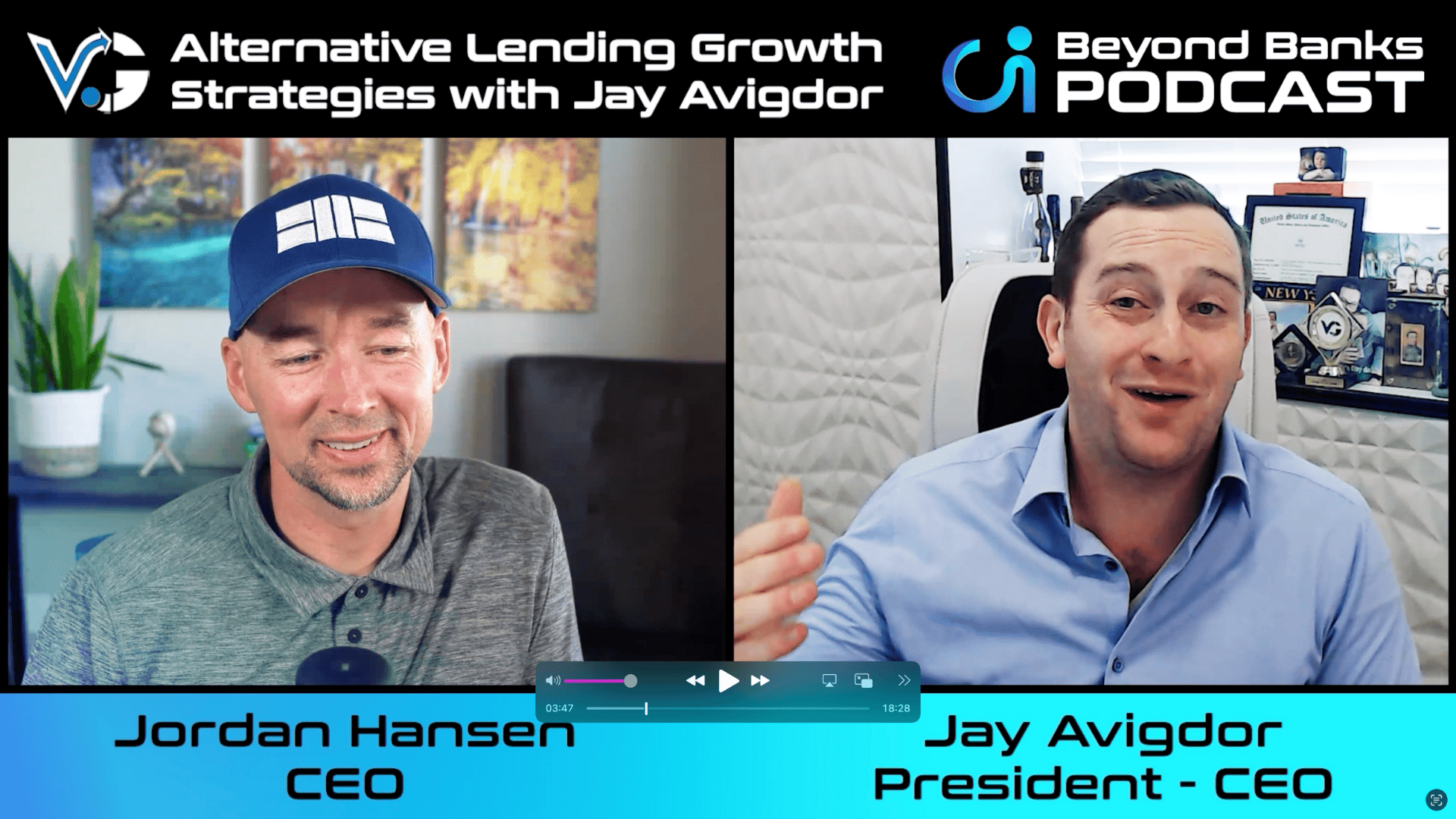
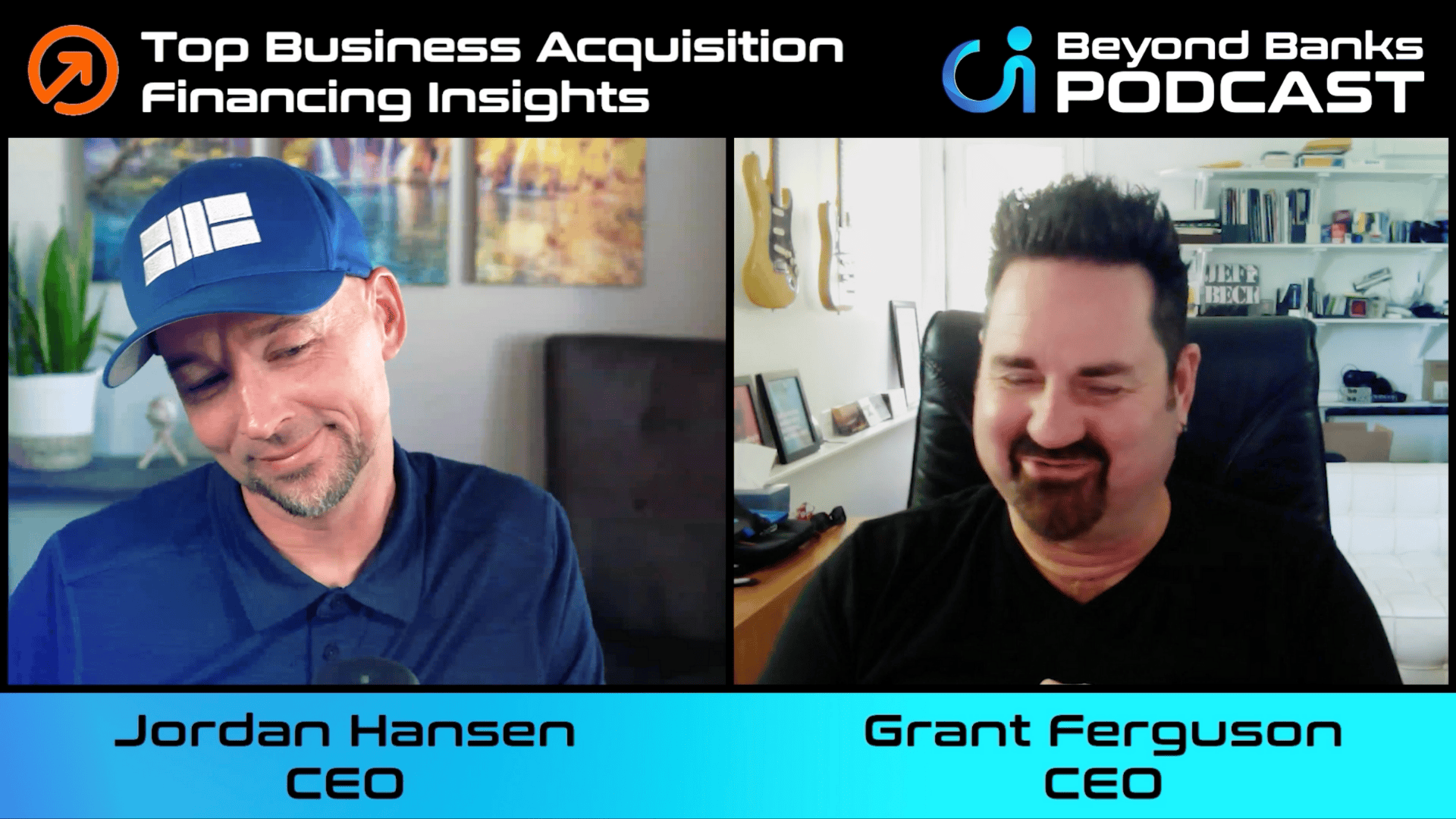
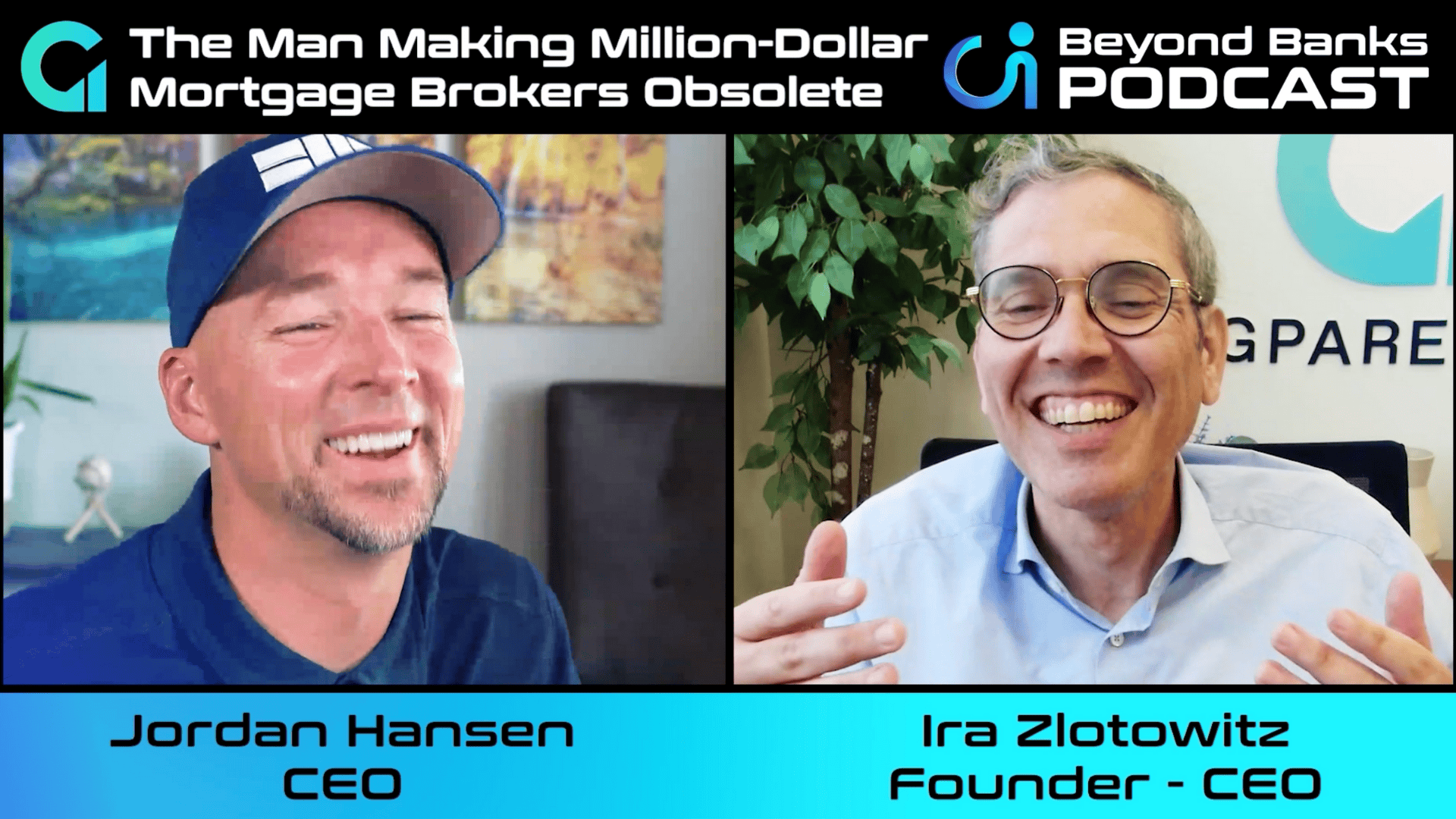
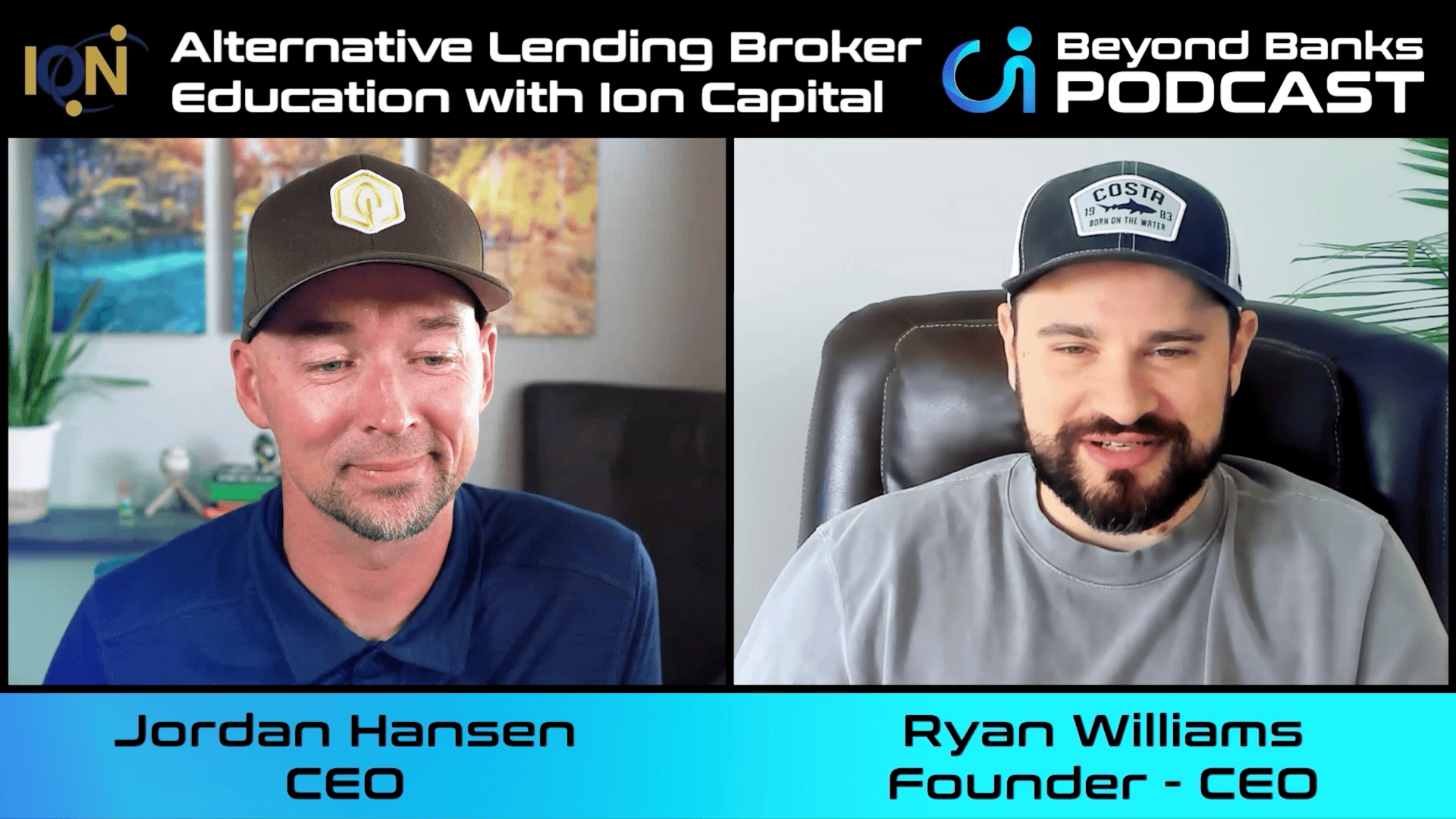
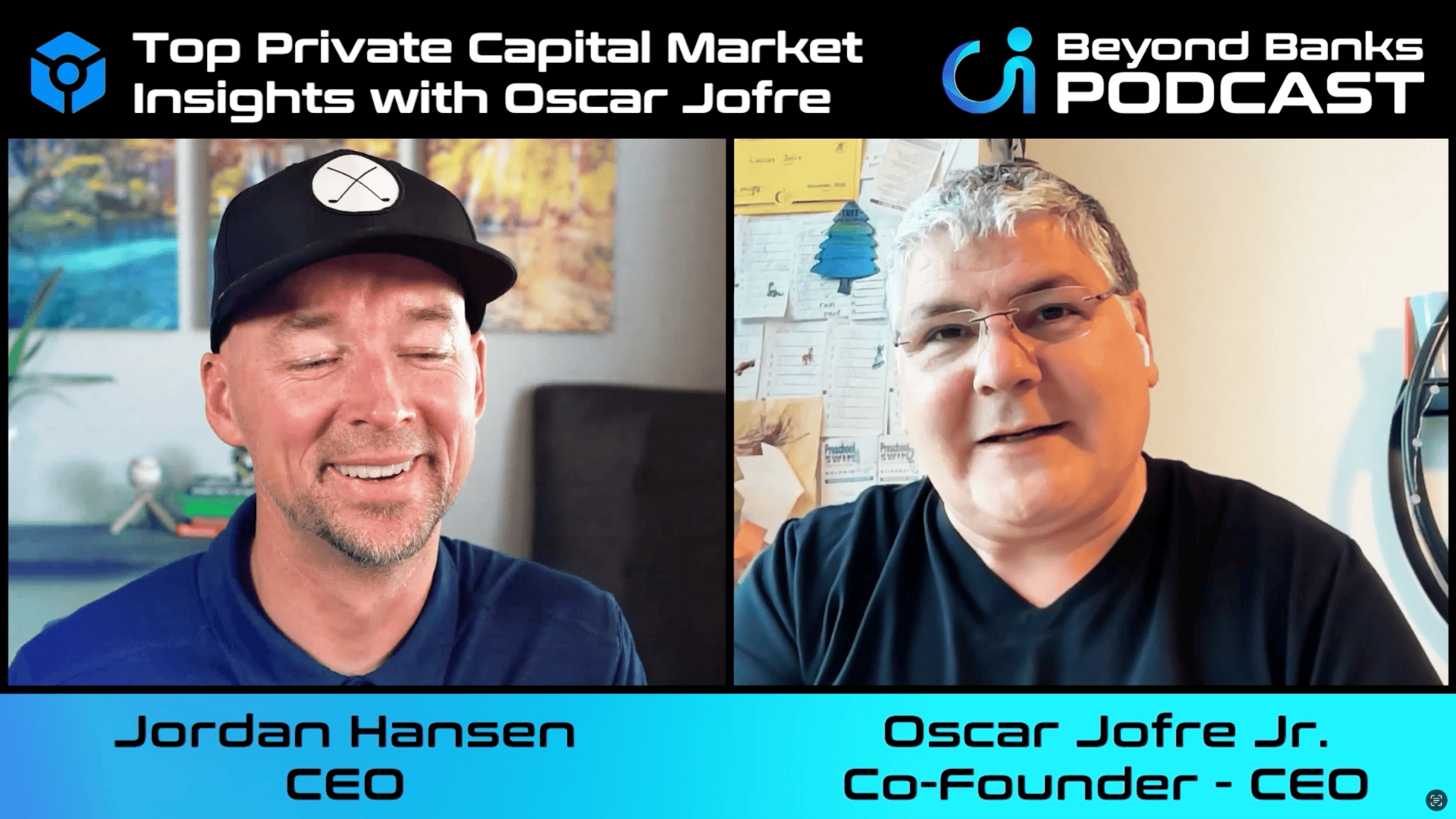

















.png)